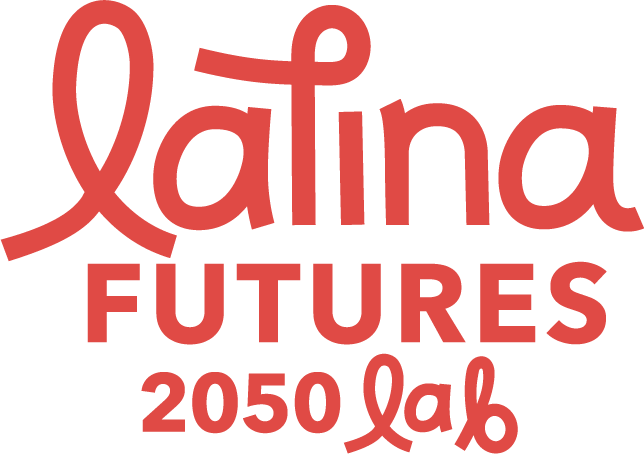
February 20, 2025
Embracing Ancestral Wisdom: The Transformative Leadership of
Angela Mictlanxochitl Anderson Guerrero
By Paula Valle

As the Executive Director of LIDERAMOS, a national organization dedicated to cultivating Latino leadership, Angela Mictlanxochitl Anderson Guerrero brings a unique blend of academic training, cultural heritage, and spiritual practice to her work. Her personal journey, rooted in the Central Valley of California, has profoundly shaped her approach to empowering communities and developing transformative leaders. “I come from the Central Valley, the daughter and granddaughter of migrant workers,” Angela shares. “Growing up, I was very sensitive to who I was as a Latina and what my Mexicanidad meant to me.”
This early awareness of her cultural identity would become a driving force in Angela’s life and leadership. After attending the University of Notre Dame, where she explored her Chicana roots, Angela’s path led her to Bolivia, a pivotal experience in her self-discovery.
“It wasn’t until I got to Bolivia that I really started to accept and value myself as a Mexican person,” she reflects. “I had the beautiful support of a dear friend, Padre Don McNeill, CSC, who gave me the permission to question things in the church and within our Catholic upbringing.”
This openness to questioning and embracing her ancestral knowledge and spirituality became a cornerstone of Angela’s leadership approach. “My ancestral knowledge and spirituality have been my primary leadership development,” she explains. “From my public speaking to my relationships with others, it guides me in fostering trust, compassion, and a sense of collective responsibility.”

At LIDERAMOS, Angela aims to create a space for leaders to engage in this transformative process. “LIDERAMOS is about creating space for leaders to explore their identities and histories in a way that’s safe, but also brave,” she says. “We’re not trying to impose a single vision of leadership, but rather cultivate an understanding of what leadership means for each individual and community.”
This nuanced, community-centered perspective is crucial, Angela believes, in a landscape where Latino leaders often face pressure to assimilate. “Our communities have been exposed to so much, and we’ve worked so hard to be where we’re at. I don’t want anyone to ever feel that everything they’ve lived and done is not good enough.”
Instead, Angela aims to honor the dreams and contributions of Latino elders, while also building a future that aligns with current realities. “It’s about this constant weaving – taking the epistemologies of our elders and their stories and using that to inform how we imagine our path forward.”



